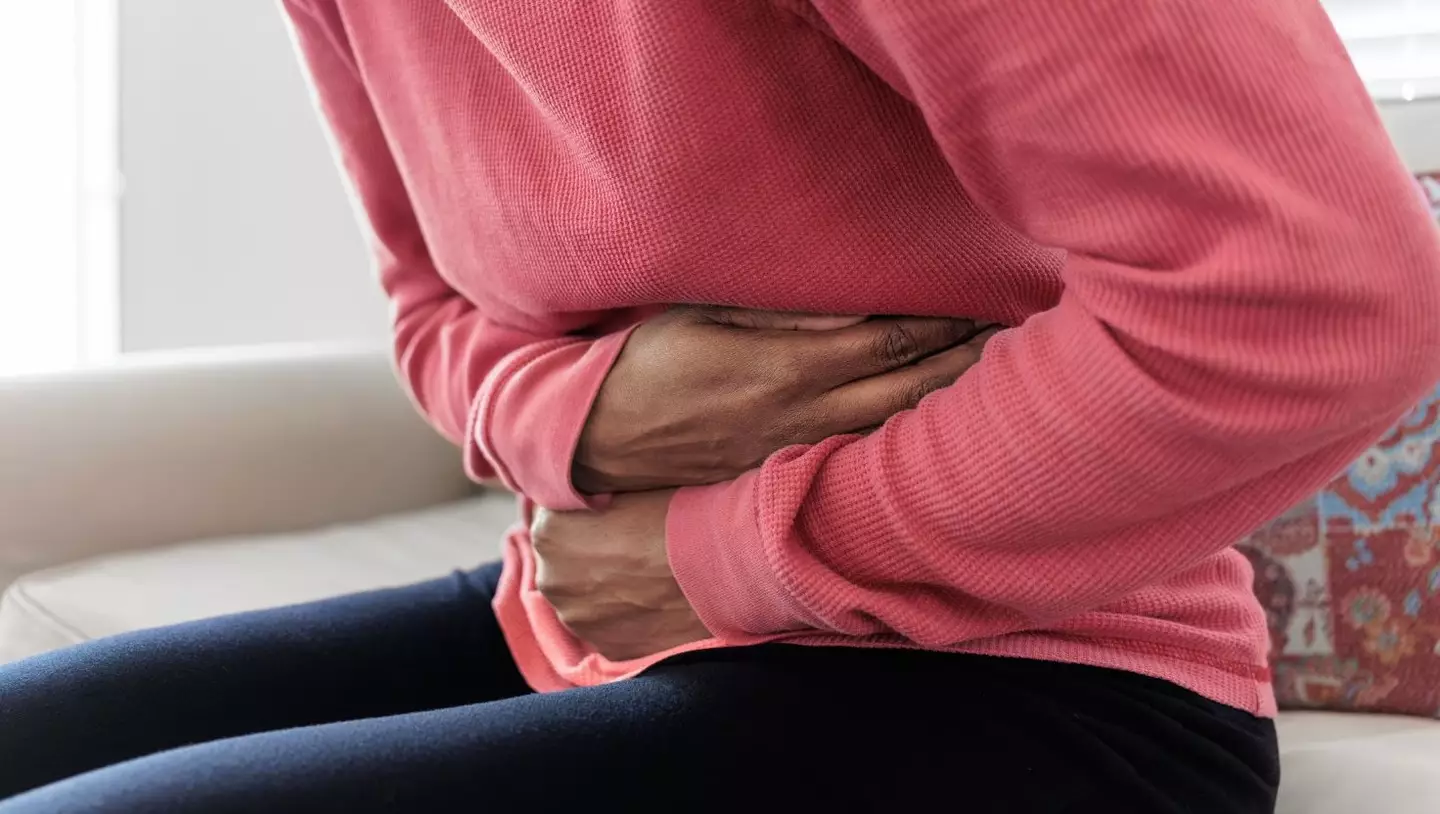
A travel expert has issued a dire warning after one holidaymaker was slapped with a £1,600+ medical bill after contracting food poisoning.
In a study published by the Food Standards Agency (FSA), it was estimated that around 2.4 million cases of foodborne illness take place in Britain every year.
And while food poisoning is rarely serious and often doesn’t require medical intervention, more severe cases do require a hospital visit or a trip to the pharmacist for oral rehydration powder or medicine to stop diarrhoea.
But what happens if illness strikes when you’re on holiday in countries where you have to pay out your nose for healthcare?
Advert
Well, that was one vacationer’s reality earlier this year, according to a report by Multitrip.com.

The award-winning travel insurance site stated that in 2025, one tourist suffered from food poisoning whilst vacationing in Greece and racked up a £1,611 charge.
Chris Bennett from the company told the Daily Mail that while most vacations go smoothly, things can ‘easily go wrong’.
“The costs can be significant,” he explained, describing how quickly overseas medical bills 'can reach life-altering amounts'.
“Hospital stays in the United States, for example, can run into thousands of pounds per day before surgery or aftercare are even factored in,” Bennett added. “Travel insurance isn't a luxury – having the right cover is essential.”
According to MoneySuperMarket, a comprehensive travel insurance policy should cover costs needed to see a doctor or be admitted to a hospital if you are struck down with food poisoning.
Most purchased travel insurance will also pay out if an outbreak of food poisoning means your resort or accommodation has to close, the site concluded. It will usually cover financial losses, such as medical bills and missed excursions.
.jpg)
Worryingly, a survey conducted by 3Gem on behalf of Compare the Market discovered that of 2,000 Brits, nearly half (46 percent) said they had travelled without taking out any form of travel insurance for trips abroad.
If you don’t want to purchase travel insurance for your next jaunt abroad, there are some tips on how to best avoid food poisoning on holiday.
The first is to check if local tap water is safe to drink, making sure to purchase bottled water and decline ice cubes if it is not.
You should also try your best to eat freshly and thoroughly cooked food that is still piping hot from cooking, as per MoneySuperMarket’s personal finance expert, Emma Lunn.
She added that holidaymakers should ‘avoid food that has been kept warm for a long period of time’, too.
If you do, unfortunately, get sick, you should try to stay hydrated. Once your stomach starts to settle, try eating plain and safe food, such as buttered toast and crackers.
